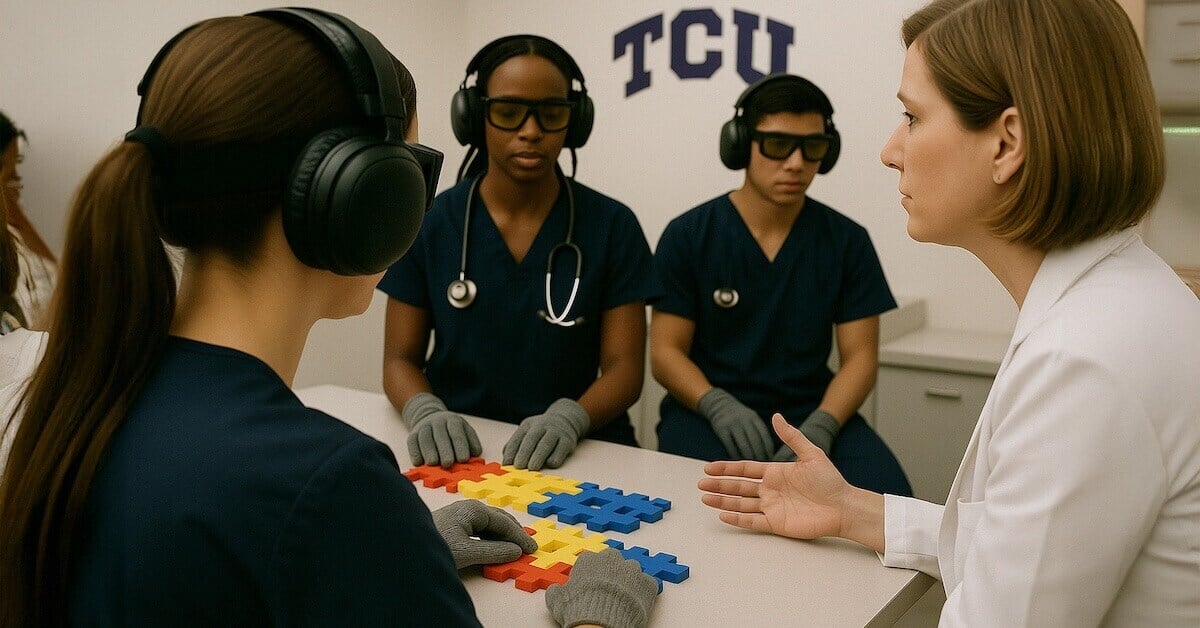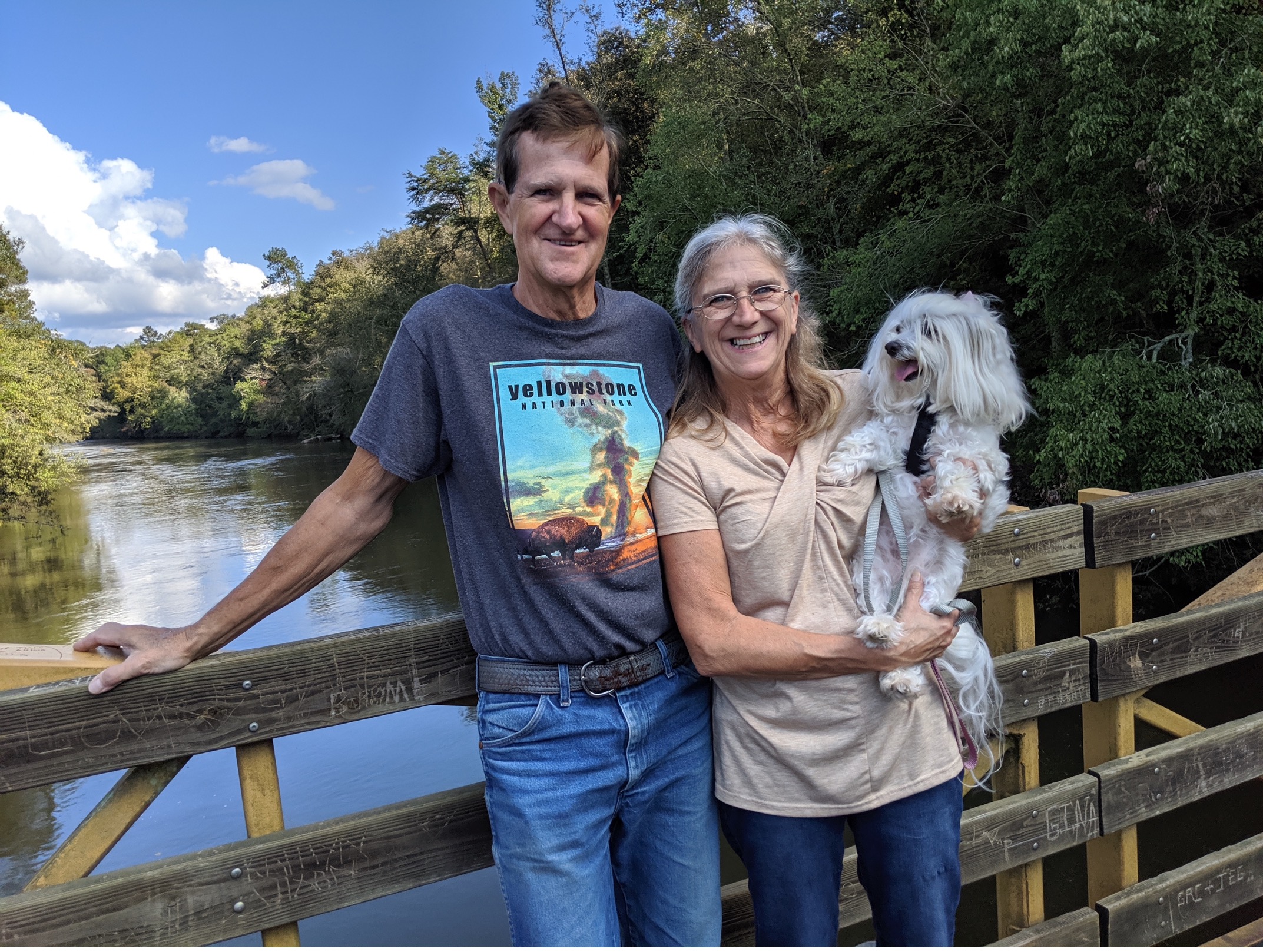A Generation of Empathy: How TCU Is Transforming Dementia Care Through Simulation and Certification
Dementia isn’t a far-off concern for tomorrow’s healthcare professionals. It’s an urgent reality. One that demands not just knowledge—but empathy.
Posts about:

Dementia isn’t a far-off concern for tomorrow’s healthcare professionals. It’s an urgent reality. One that demands not just knowledge—but empathy.


Through her extensive work in supporting initiatives of DAA and her experience living with dementia, Laurie is a strong advocate for quality of life. She was diagnosed with young onset dementia in August of 2013 at the age of 55. Unable to continue a professional career she turned her focus towards helping others through their dementia journey, Laurie and her husband, Roy, work continuously to identify triggers that cause her confusion and they make adjustments to overcome obstacles. Laurie is a Dementia Mentor and is active in many support groups. On her website, dementiadaze.com, Laurie shares her feelings, challenges, symptoms, and adjustments in hopes of encouraging other individuals and families living with dementia to explore ways to live beyond dementia.
.jpeg)
Discussion or Group Discussion is also referred to as Cooperative Learning. This active study method can lead to higher retention rates and greater skill-building outcomes when applied to dementia training.

Whether dementia is referred to as a public health issue, priority, or crisis, the urgent need for communities globally in creating dementia-capable systems is at a critical point.

